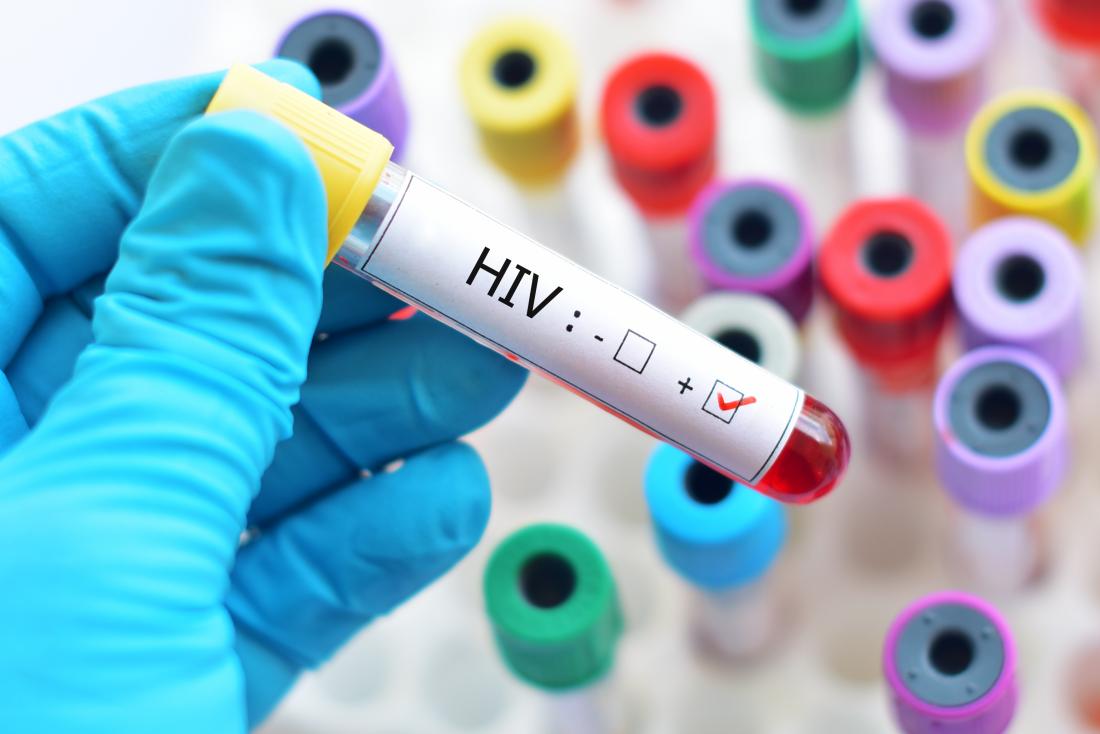Many people are constantly on the quest for weight loss, going from one fad diet to the other in order to lose some kilos and fit into our clothes better or improve our overall health.
However losing weight when you’re not making any conscious effort to can be a cause for concern. It might even be a sign that something is wrong somewhere in your body.
Not all weight loss is serious. It can happen after a life-changing or stressful event. However, unintentional weight loss may be a symptom of one of these medical conditions.
Overactive thyroid
The thyroid is a gland in the body which produces hormones. These hormones control the body’s metabolism. When the thyroid is overactive, it produces more hormones than the body needs and this increases the body’s rate of metabolism causing increased burning of calories and this can lead to unintentional weight loss.
Other symptoms of an overactive thyroid include:
- fast, irregular heart rate
- anxiety
- fatigue
- heat intolerance
- sleep troubles
- hand tremors
- light periods in women
Diabetes
Another cause of unwanted weight loss is type 1 diabetes. In type 1 diabetes, your immune system attacks cells in your pancreas that make insulin. Without insulin, your body can’t use glucose for energy. This causes high blood glucose.
Your kidneys remove unused glucose through urine. As sugar leaves your body, so do calories.
Type 1 diabetes also causes:
- frequent urination
- dehydration
- fatigue
- blurry vision
- excessive thirst
- excessive hunger
Depression
Depression is primarily considered a mental health issue, however it can also have physical manifestations, one of which could be Weight loss. A diagnosis of depression is usually made after excluding other medical causes. It may be defined as feeling sad, lost, or empty for at least two weeks. These emotions interfere with daily activities, such as going to work or school.
Depression affects the same parts of the brain that control appetite. This can lead to poor appetite, and eventually, weight loss.
In some people, depression may increase appetite. The symptoms vary from person to person. Other symptoms of depression include:
- constant sadness
- loss of interest in hobbies
- low energy
- poor concentration
- sleeping too little or too much
- thoughts of death or suicide

depression livinghealthy.ng
HIV | HIV
The dreaded HIV (Human Immunodeficiency Virus) attacks immune cells called T cells. These cells are the ones responsible for maintaining the body’s immunity and fighting infections so when they are attached the body is unable to protect itself. If left untreated, HIV can lead to acquired immunodeficiency syndrome (AIDS). Advanced forms of these conditions often cause weight loss.
Symptoms like sore throat, mouth sores, and fatigue can make eating uncomfortable. HIV also increase the risk of secondary infections.
Other symptoms of HIV include:
- fever
- chills
- rashes
- night sweats
- swollen lymph nodes
- muscle aches
Symptoms of HIV depend on the person and stage of infection.
These symptoms are sometimes mild and very non specific and a diagnosis of HIV can only be made after a blood test has been carried out.
Cancer
This is one condition that is notorious for causing weight loss. Cancer is the general term for diseases that cause abnormal cells to quickly divide and spread. In many patients, one of the first signs may be unexplained weight loss of 5kg or more. This is common with cancers of the pancreas, lung, stomach, and esophagus.
Cancer increases inflammation. This promotes muscle wasting and disrupts appetite-regulating hormones. A growing tumor may also increase the amount of energy your body burns at rest.
Early symptoms of cancer also include:
- fever
- fatigue
- pain
- skin changes

Many conditions can cause these symptoms. Sometimes, cancer doesn’t cause any symptoms.
It’s normal for your body weight to fluctuate. However, if you’re losing weight without changing your habits, something else might be going on.
It is a good idea to see your doctor if you’ve lost a significant amount — more than 5 percent of your weight — within 6 to 12 months.You should also, take note of any other symptoms to discuss with your doctor.









